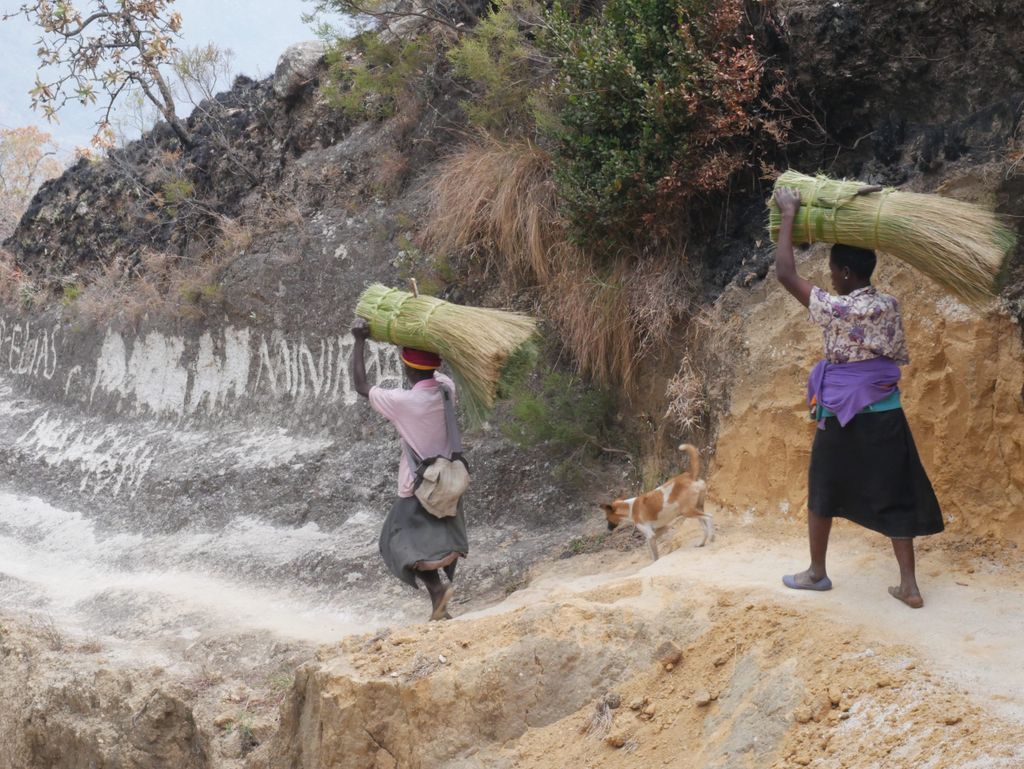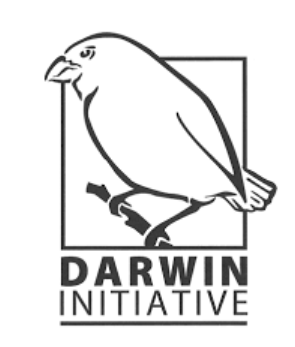Miombo restoration & sustainable use in Malawi

-
Status of project
Ongoing -
Region
Africa -
Country
Malawi -
Programme
Ecological Restoration Alliance of Botanic Gardens -
Workstream
Saving Plants -
Topic
Ecological Restoration
Overview
The biodiversity challenges around and in Mount Mulanje Biosphere Reserve are linked to the local socioeconomic context. Few income earning opportunities and insufficient farmland for a large rural population, exacerbates a reliance on mountain resources to support livelihoods. Deforestation and degradation have resulted, with particular impacts from fuelwood use, logging, and agricultural conversion. These also occur within the reserve. The miombo woodland (Brachystegia spp. dominated) that directly neighbours communities has seen the brunt of fuelwood and farming impacts (ca. 800-1,200m), whilst logging impacts the Afromontane systems in the upper reaches of the mountain (ca. 1,800m+).
As resources are depleted, there are less for people to derive livelihoods from, whilst the impacts of extreme weather events on the rural communities have become much more significant with the lack of tree cover – e.g. cyclone Freddy at the start of 2023 caused severe erosion and landslides with many people lost or their homes washed away. Landscape restoration and rehabilitation is needed to revert this situation.
This project will develop sustainable livelihoods options from native plants and fungi from Mount Mulanje Biosphere Reserve as alternatives to current practices that damage mountain ecosystems, reducing biodiversity and livelihood opportunities. It will focus on the communities that are involved in the management of two co-management blocks, which are parts of the reserve that they have the remit to sustainable manage for biodiversity and people (see figure 1). The project partners will work with businesses and local communities to access local, national, and international markets, including through certified sustainable products.
Key results to include:
- The sustainable use and marketing options of native plant and fungi species understood as well as the markets and incomes associated with fuelwood industries
- FairWild Certification standards assessment are completed for 5 plant and fungi species (selected from 1.) to identify gaps in knowledge to achieve FairWild certification
- Co-operative set up, with community involvement, to support management and industry development of species selected from 1.
- A social enterprise established to support the cooperatives and wild food harvesters to access bigger markets by supporting marketing and new product research and development
- 500 hectares of degraded biosphere reserve land being restored and surrounding farmland rehabilitated, with investigations to understand best practice and which native plant species to incorporate
Partners
Supported by the UK government’s Darwin Initiative fund, this project is implemented in partnership with Mulanje Mountain Conservation Trust, WeForest, TRAFFIC – FairWild and the Forestry Research Institute of Malawi. This 3-year-project started in June 2022 and is expected to run until March 2025
For more information contact alex.hudson@bgci.org

